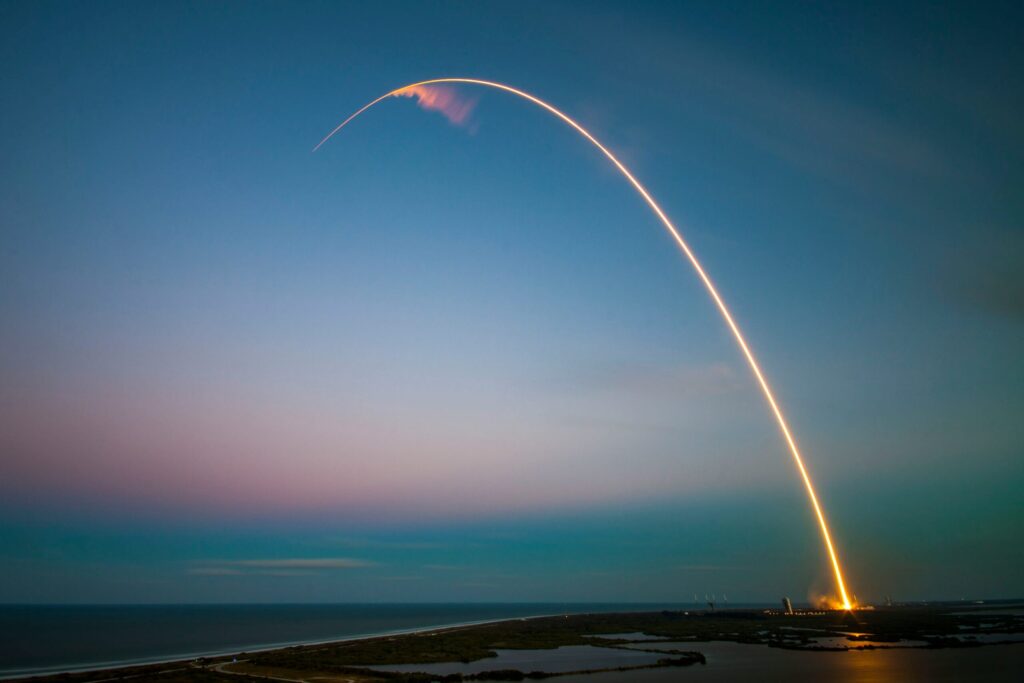Google and NASA created the “Crew Medical Officer Digital Assistant” to help astronauts manage health concerns during space missions. The tool enables astronauts and Earth-based medical teams to diagnose and treat symptoms instantly. It also provides flight surgeons, experts in space medicine, with predictive analytics and data for accurate decision-making. Early trials produced reliable diagnoses from reported symptoms, and doctors now refine the model further. The assistant offers treatment options when astronauts face limited contact with Earth teams, which becomes vital as NASA pursues deeper missions to the Moon and Mars. Google emphasized that this innovation extends AI’s role in delivering essential care in extreme and remote environments.
Preparing for Deeper Space Missions
NASA prepares Artemis II and III missions to return humans to the Moon for the first time since Apollo, advancing toward Mars expeditions planned for the 2030s. These efforts require stronger onboard medical systems to address health problems far from Earth. On the ISS, astronauts can rely on a large pharmacy, medical kits, and emergency return options. Outside low-Earth orbit, however, astronauts cannot rely on real-time medical support because of communication delays. The Moon creates up to a 10-second lag, while emergency evacuations could take two weeks. Mars presents even harsher conditions, with six-month evacuation times and urgent communications delayed up to 40 minutes.
Current Astronaut Medical Support
NASA astronauts train in CPR, behavioural health, basic first aid, and the use of medical kits. They also learn how space-related illnesses, such as carbon dioxide exposure and decompression sickness, affect the body. On Earth, doctors, psychologists, and flight surgeons support astronaut health before, during, and after missions. Still, a 2023 study on space medical operations noted that Mars expeditions will demand systems capable of anticipating specialist questions and providing accurate diagnoses independently. For success, crews must limit repeated exchanges with Earth and rely on robust onboard medical care throughout multi-year journeys.



